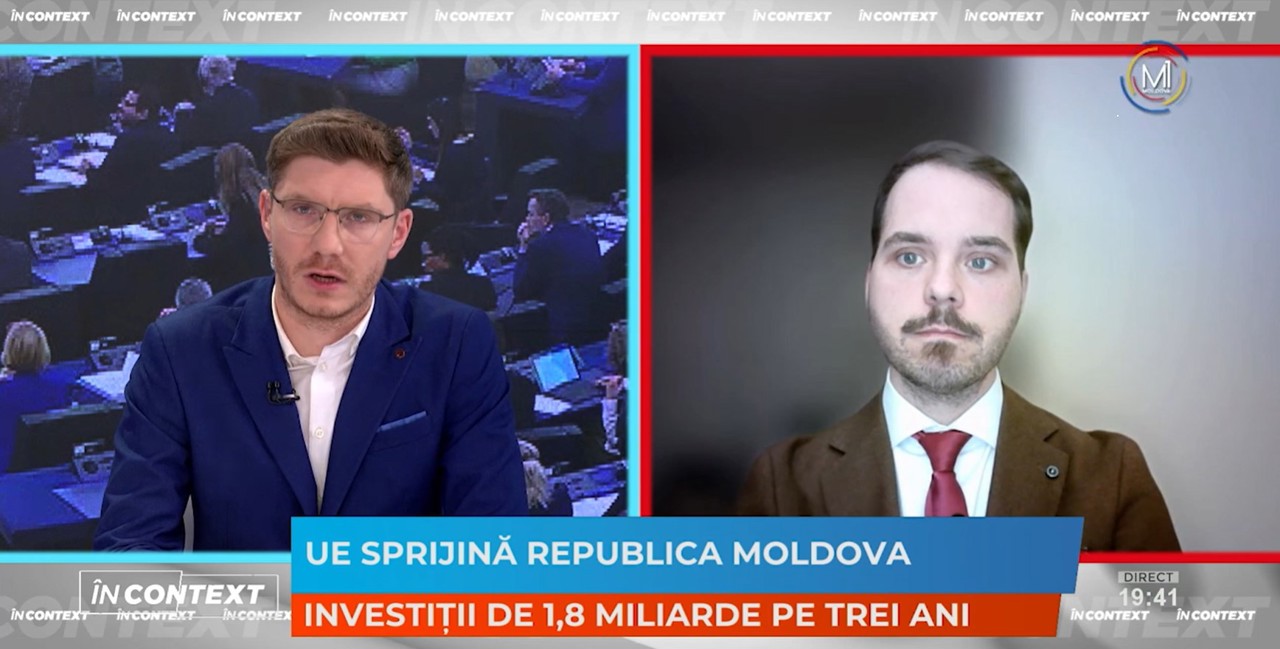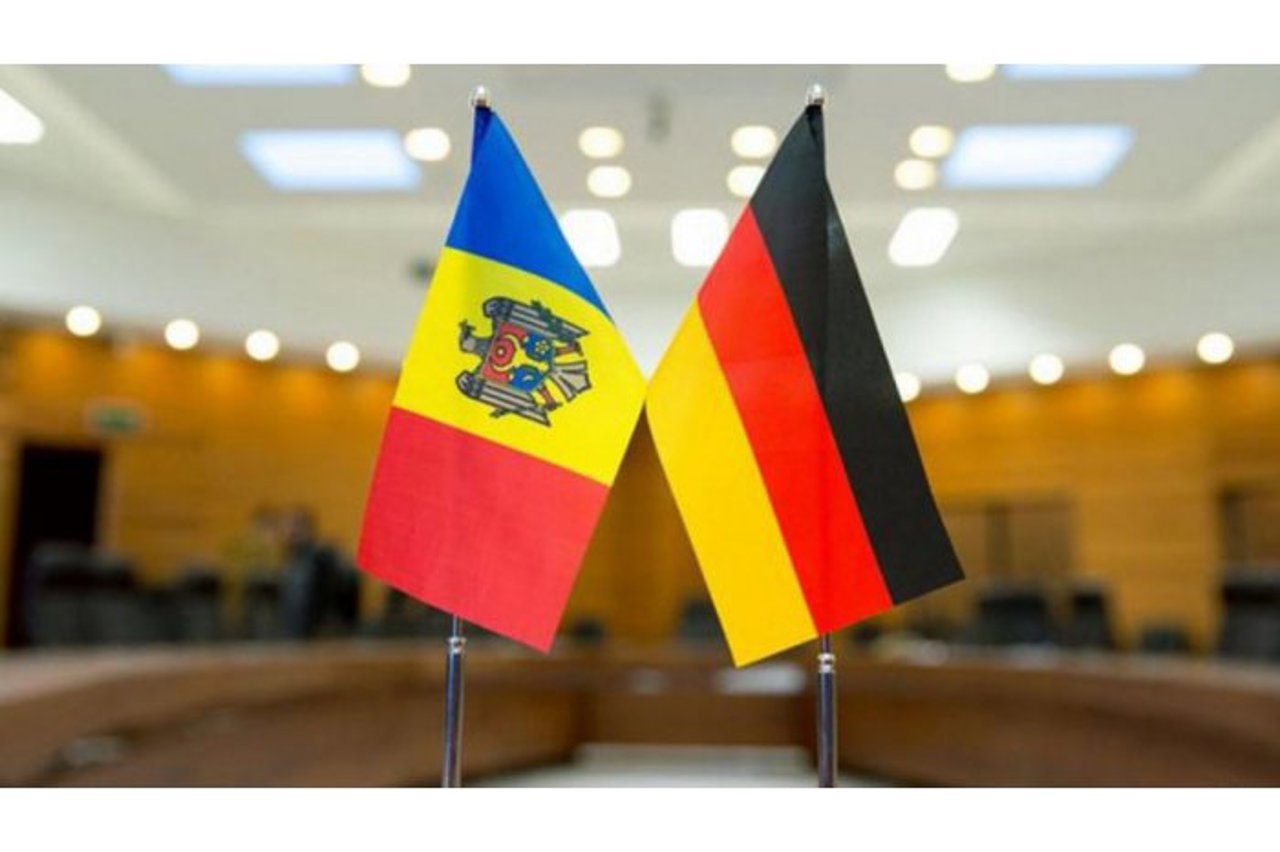Moldova's EU Path: Referendum & reforms
While European institutions expect institutional reforms in Moldova, they have not made the economic growth package conditional on these reforms. Furthermore, the recent referendum result does not impact the allocation of resources, according to political scientist Cătălin Gabriel Done.

However, Done warns of a potential replication of the Georgian scenario, where political shifts could hinder reforms, economic progress, and the quality of life for Moldovan citizens. He urges vigilance in the upcoming November 3rd elections.
Done emphasises that the European Union, while promoting liberal constitutional models for developing democracies, does not dictate the political course of member states or third countries like Moldova.
"The referendum result came as a shock to many, including politicians in Chișinău," Done observes. "It is crucial for pro-European forces to recognize that the pro-European/pro-Russian divide significantly impacts Moldovan citizens' lives. Claims of indirect influence on voters should be treated with scepticism. Evidence points to direct interference from the Russian Federation and supporters of the Putin regime. The belated responses from the prosecutor's office and the police are concerning, given that state bodies were aware of these influence operations and failed to act proactively."
Done highlights the exploitation of ethnic identity to manipulate the referendum. "Interpretations of the referendum result should no longer be attributed to ethnicity," he argues. "Instead, collaborative efforts between civil society, Moldovan and European experts are needed to emphasise that European Union integration does not equate to the erasure of Moldovan national identity. This fear of losing their ethnic, cultural, and social identity lies at the heart of many citizens' concerns."
International analysts have warned of a potential parallel with the Georgian scenario, where a victory in the presidential elections could be followed by a parliamentary election that reverses the country's pro-European trajectory. "Pro-European forces will strive to maintain social unity regarding Moldova's European path and bolster the pro-European movement," Done states. "However, the possibility of replicating the Georgian scenario in Moldova remains a serious concern."
The European Union has committed to providing Moldova with approximately 1.8 billion euros in financial support as part of its economic development plan. This plan aims to develop critical infrastructure, strengthen the economy, support European integration, and invest in human capital. This represents the largest sum ever granted to Moldova by the European Union, underscoring the commitment of European institutions to the country's stability and development.
While this funding is not conditional on the referendum outcome, Brussels expects continued progress on democratic and institutional reforms and may demand accountability from the Moldovan political class. "Moldova will continue to benefit from this EU intervention instrument," Done explains. "In addition to the 1.8 billion euros, approximately 6.3 million Moldovan lei will be allocated by the Nordic-Baltic Eight for the first time to support further development and European reforms. Politicians in Chișinău must understand that this funding is intended to improve citizens' lives and develop a sustainable economy."
Translation by Iurie Tataru





